Staying relevant
Faced with an unprecedented range of threats to their future, ski resorts have to reinvent themselves to survive
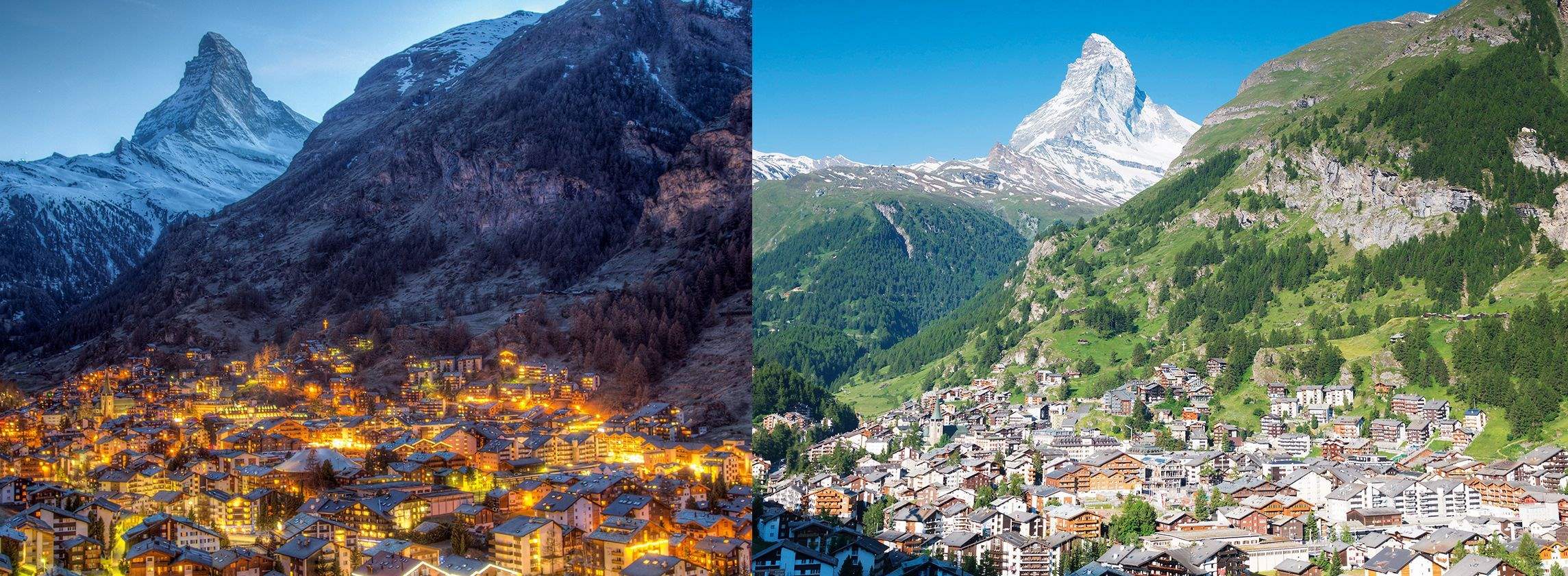
Faced with an unprecedented range of threats to their future, ski resorts have to reinvent themselves to survive
The challenges that the ski industry faces are well documented. Global warming, changing demographics, political uncertainty and an ever-growing list of competing leisure activities have resulted in stagnation. Although the overall visitor numbers ticked marginally upwards last year, ski resorts must adapt to stay relevant and attract more tourists and investors.
There is a rise in chalets and hotels specialising in retreats that combine skiing, yoga and luxury wellbeing
Savills World Research
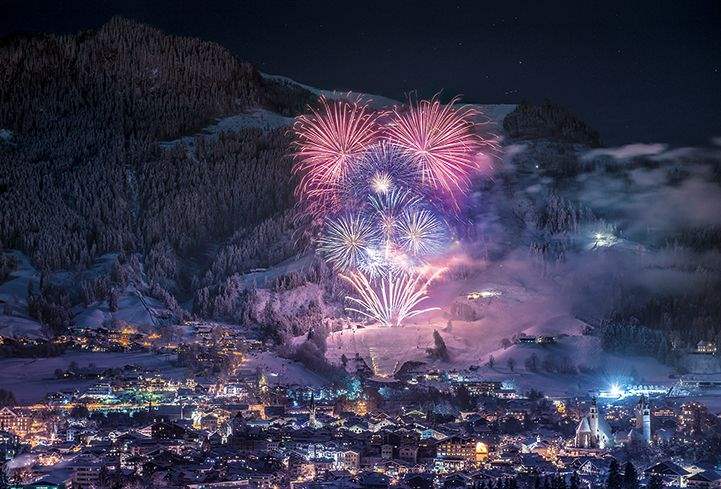
New Year fireworks, Kitzbühel
Summer tourism
It should be an easy win. If winter-only destinations widen their appeal to attract tourists year round, visitor numbers could more than double.
The summer season offers an opportunity for the ski industry to increase revenue and acts as an insurance policy when winters become shorter as a result of climate change.
But the struggle is convincing people that ski towns and villages are about more than snow. The Alpine terrain is well suited to hiking and biking, and many resorts put on summer events to broaden their appeal. These are wide ranging and include golf tournaments, music festivals, horse shows, classic-car events, zip-line tours, marathons and endurance competitions. New events are added to this list every year, such as the Morzine-Montriond Triathlon, which took place for the first time in September 2018.
Ski resorts will need to continue to be imaginative to reinvent themselves as year-round destinations.
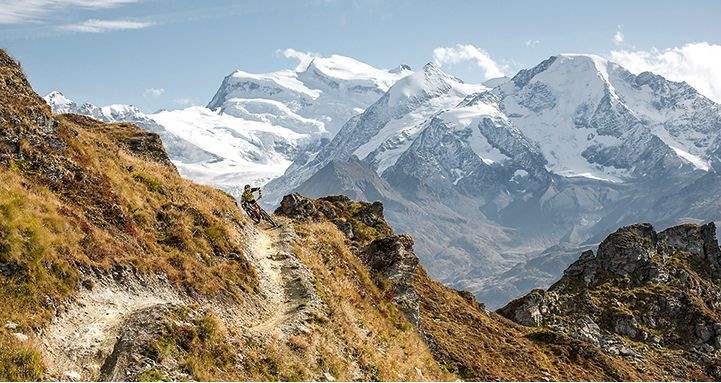
Verbier
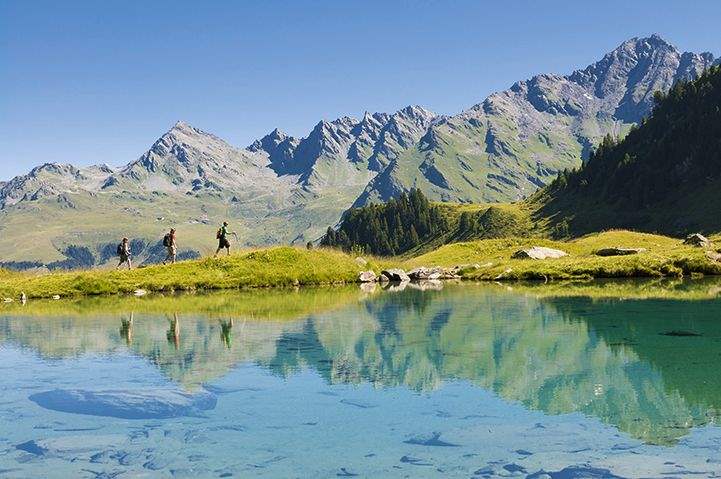
Four Valleys
Millennial appeal
Baby boomers represent the majority of visitors to the more established ski markets, and the younger generation don’t have the same enthusiasm for winter sports. This is a concern for the ski industry: as the older generation isn’t able to participate, visitor numbers are falling or at least stagnating.
Increasing the appeal for millennials and beyond can be done in a number of ways. They are a more tech-savvy generation, so free WiFi is being rolled out in hotels, lifts and even on the slopes. Ski resorts are embracing social media as a marketing channel, and logistics and communication are being improved with apps. Winter music festivals are well established.
Still more can be done and one area in need of innovation is snowboard and ski lessons. Teaching techniques and how enjoyable the experience is needs to be improved if the industry is going to build a client base.
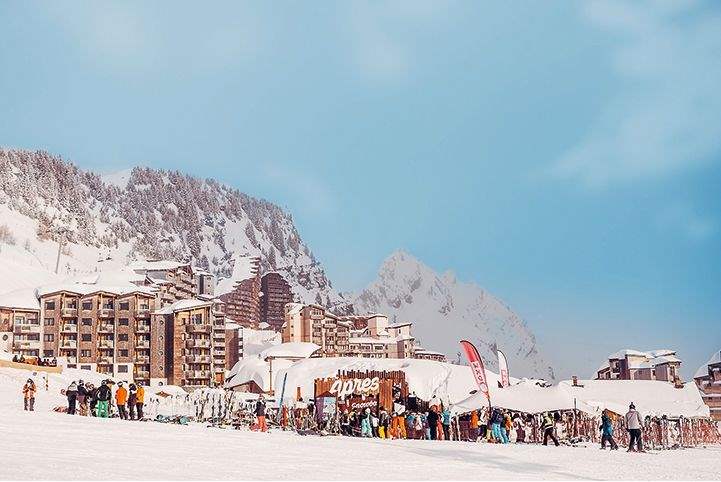
Snowboxx, Avoriaz
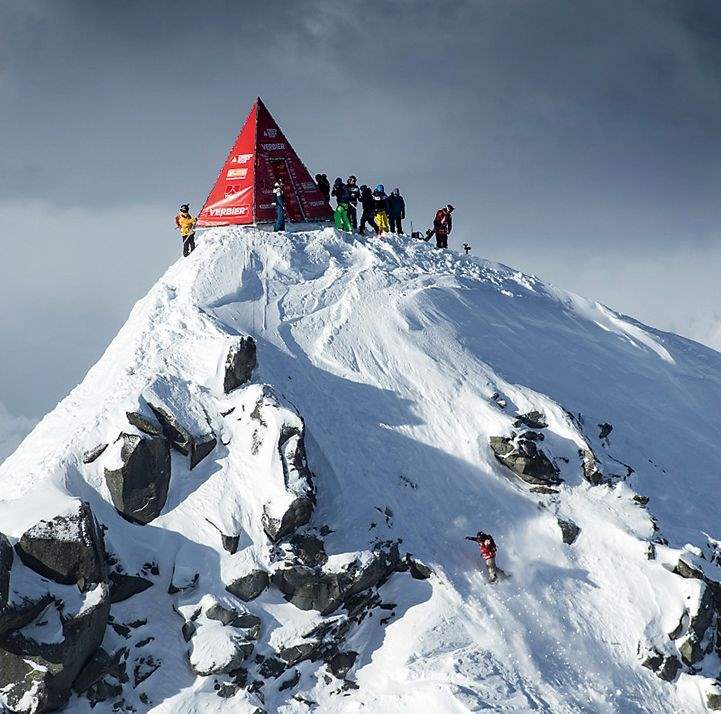
Xtreme 2018 on Bec des Rosses, Verbier
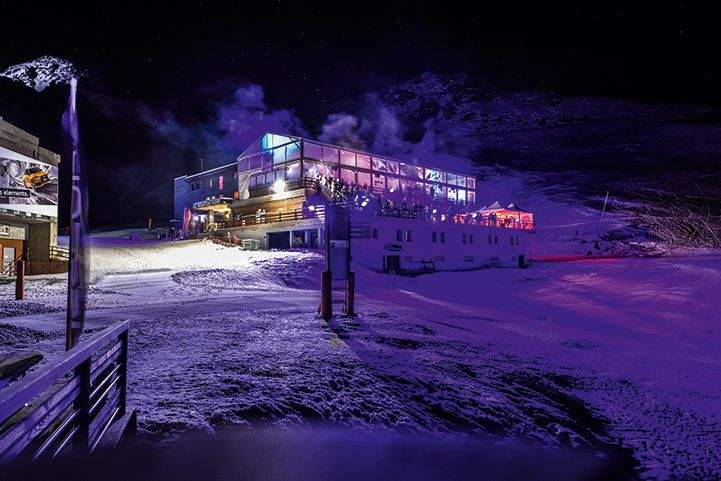
Polaris Festival, Verbier
Wellness
One trend, driven by millennials but embraced by all age groups, is wellness. Worldwide, people are placing a higher value on health.
As consumers seek healthier travel experiences, the ski industry is taking note. As well as the established luxury hotels with large spas, new private residences are incorporating five-star wellness facilities. These include the Lefay, an eco-resort in the Dolomites, and Dixence Resort and thermal spa in Les Collons, Four Valleys.
There is a rise in the number of chalets and hotels specialising in retreats that combine skiing, yoga and luxury wellbeing. Yoga-ski holidays are seen as an up-and-coming trend in the winter-sports market.
Demand for healthy travel goes beyond activities, too: food and drink play an important role. Visitors expect a range of cuisines beyond the traditional, cheese-heavy, Savoie-style dishes. More hotels and ski companies are offering ‘clean’ or vegan menus, embracing the wider global trend.
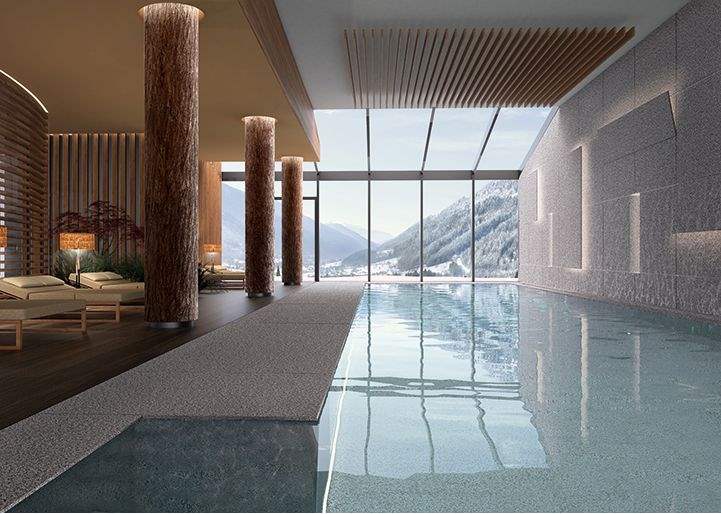
The pool at Lefay Wellness Residences in the Dolomites
Shorter trips
Demand is increasing for weekend skiing holidays, rather than the standard week. While resorts can’t relocate, and those closer to transport links are more popular for shorter trips, investment is being made into improving infrastructure to shorten transfer times. This includes a new train station in Le Chable that directly connects Verbier to Geneva. Additionally, more flexibility with arrival days, length of stay and lift passes will add to a resort’s appeal.
To hear more from Sophie Chick, director in Savills world research, and Jeremy Rollason, head of Savills Ski, discussing our latest research into the ski property market, listen to our Real Estate Insights Podcast: the ski report 2019.

6 other article(s) in this publication